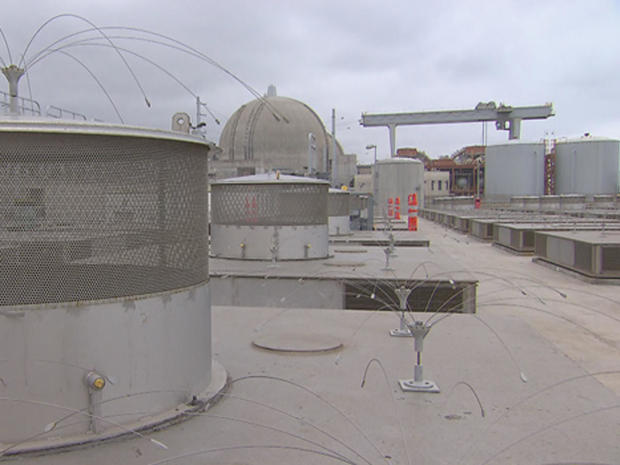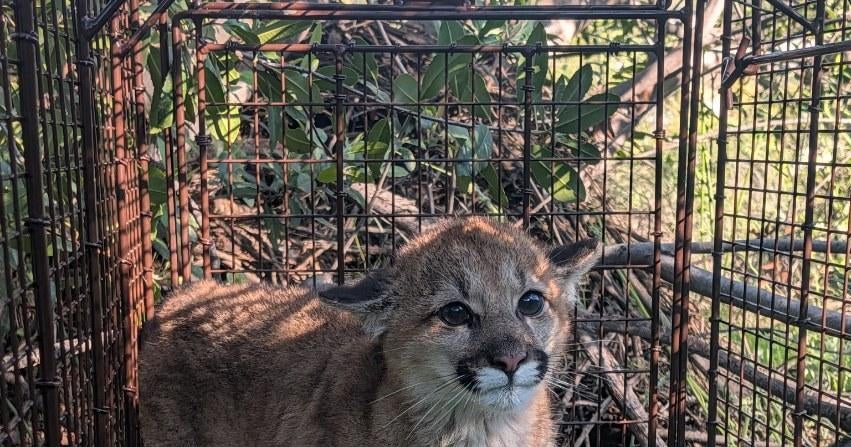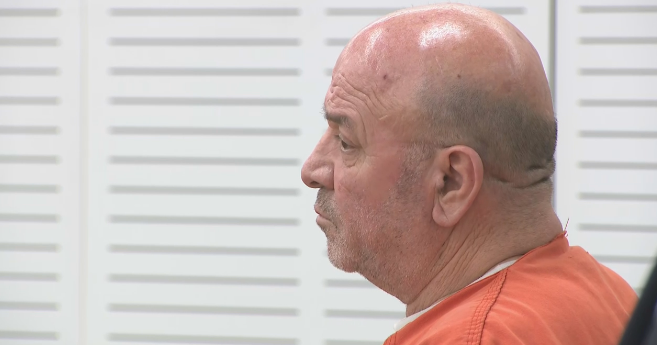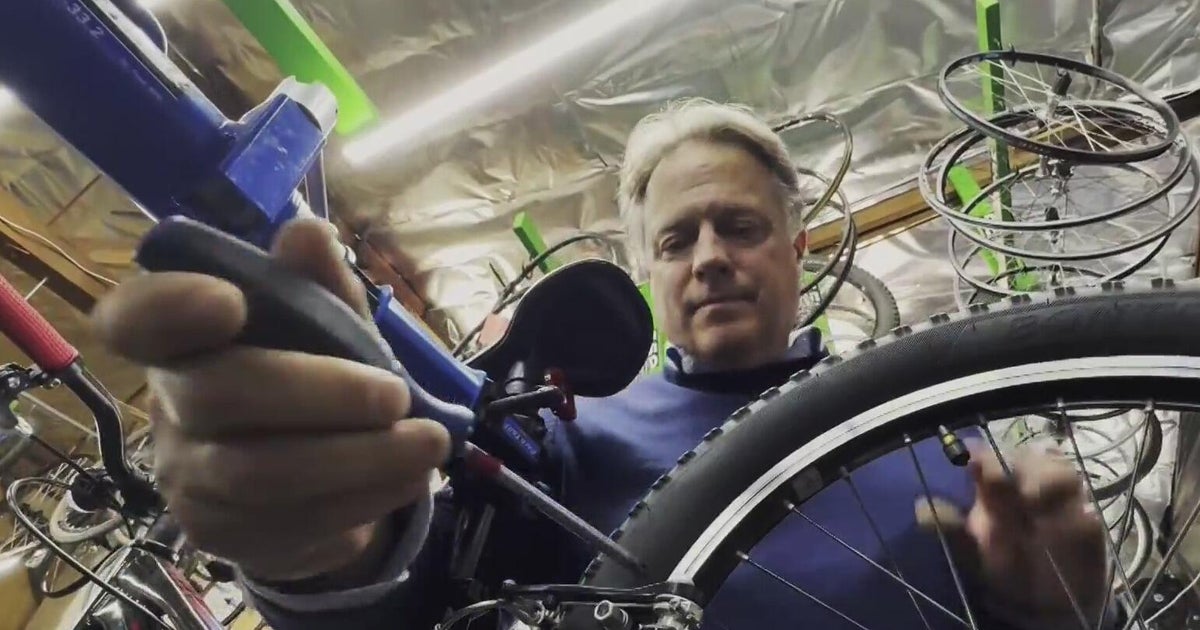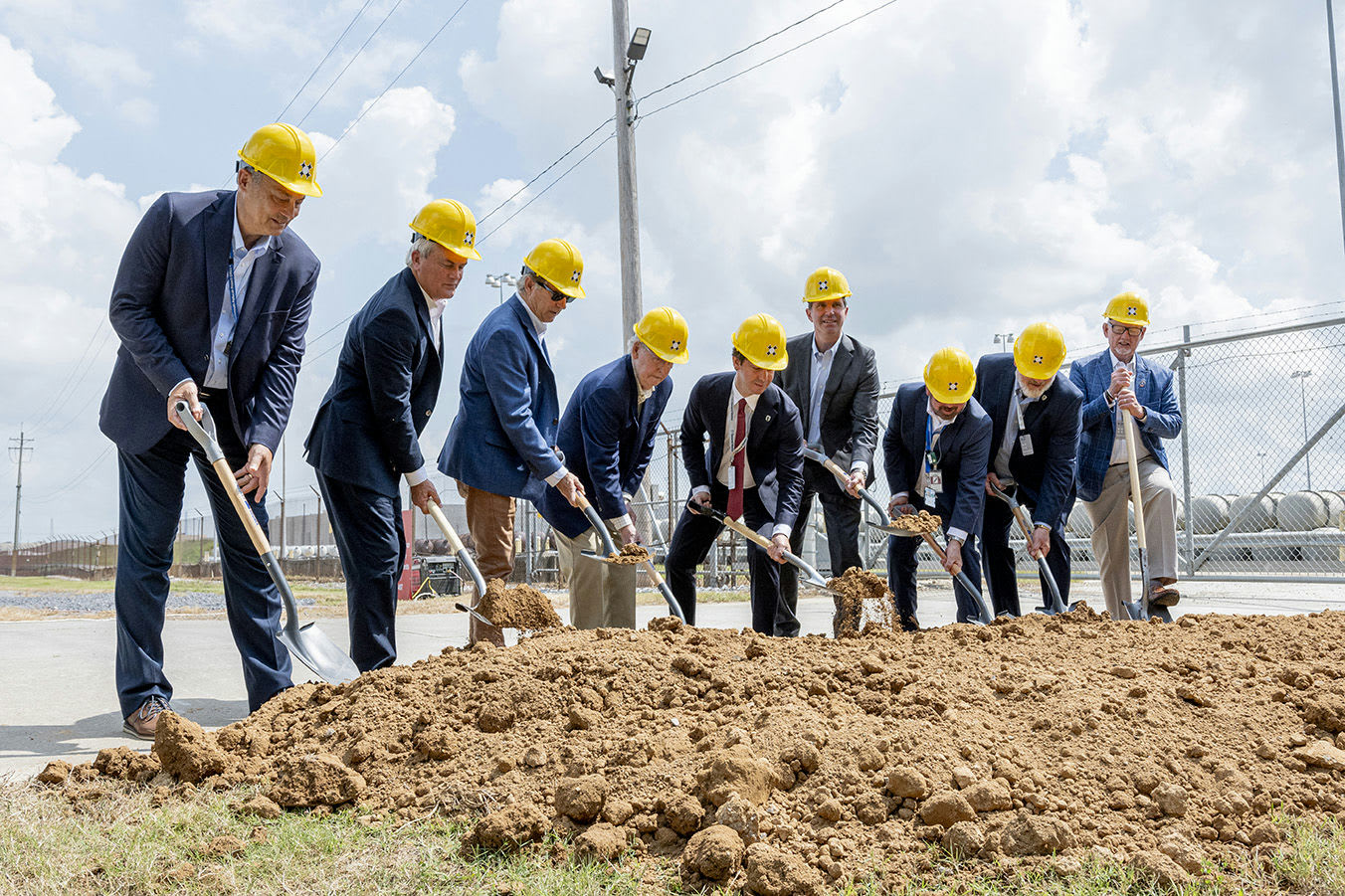A rare tour of the tunnel that is ground zero for a nuclear waste controversy
About 100 miles outside Las Vegas, deep in a remote patch of desert, is a $19 billion hole in the ground. That's how much it has cost to fight over and build a five-mile test tunnel under Yucca Mountain. Now largely abandoned for almost a decade, it was designed to be the answer to America's nuclear waste problem – a problem still piling up at faraway places, like San Onofre Nuclear Power Plant, midway between Los Angeles and San Diego, where engineers produced power for half a century.
San Onofre shut down in 2012. About 50 years' worth of spent radioactive spent nuclear fuel – 536 tons of it – is temporarily buried beneath a massive concrete slab.
Ron Pontes, who helps manage the decommissioning of San Onofre, said, "The fact that Yucca Mountain had failed to materialize as the nation's repository for spent nuclear fuel has stranded fuel, not only at this site but at sites across the nation."
Congress designated Yucca Mountain as the location for a national permanent nuclear waste repository back in 1987. A test tunnel was dug but never licensed.
Wyoming Senator John Barrasso is now pushing legislation that would restart the licensing of Yucca Mountain, a process the Obama administration put on hold almost a decade ago after opposition from a bipartisan group of Nevada politicians.
"It is an isolated location which has the right geology which can make the difference for safe use of nuclear power and storage of nuclear waste for generations and generations to come," said Sen. Barrasso.
- In Nevada, Trump administration revives a radioactive campaign issue (CBS News, 5/02/19)
Senator Catherine Cortez Masto of Nevada has been fighting Yucca Mountain for more than 20 years.
"Part of the infrastructure that is necessary is to build all of the rail lines that need to come across Nevada, across this country, to bring it there," said Sen. Cortez Masto. "And a lot of those rail lines and the shipments would come right through the heart of Las Vegas."
She said it would create a bottleneck for shipments of radioactive waste if Yucca Mountain goes online. "Two shipments a day for 50 years – what? I mean, it's crazy," Coretz Masto said.
- Transporting nuclear waste to Yucca Mountain ("60 Minutes," 20/23/03)
Correspondent Jonathan Vigliotti received a rare tour of the tunnel at Yucca Mountain. He asked William Boyle, from the Department of Energy, how good a site it represents for storing the country's nuclear waste, which will remain toxic for thousands of years.
"Well, the department felt it was good enough that we submitted the license application in 2008," Boyle replied.
"Do you agree with that submission?" Vigliotti asked.
"It wouldn't have been submitted if I didn't agree," he said.
But Sen. Cortez Masto disagrees. She says some scientists worry that water in the ground will mix with nuclear waste and enter the drinking supply of small, nearby farming communities. Boyle feels that risk is safely manageable.
The senator says the fight is over political science: "When they passed the Nuclear Waste Policy Act we didn't have any seniority at the time, in the state of Nevada, to be able to change that. And so literally, it got crammed down Nevada's throat."
Vigliotti asked, "At what point does time just run out in the debate and it becomes just such an issue that, [with] all of this waste collecting, we just say we have to put this somewhere?"
"It's my impression that if we were to ask the people that live near San Onofre, live near San Diego, that they reached that point a while ago," Boyle replied.
Temporarily storing nuclear waste at places like San Onofre is costing hundreds of millions of dollars – money subsidized by utility customers, taxpayers, and the very same federal government that can't agree on what to do with it.
Ron Pontes said, "We collected money from our customers that went to the federal government, and they haven't used that money to build anything. We would like to see the government do their job and come get the fuel like they promised."
